
Get the GuestTappy app
Scan the QR code to download the app
Our guest blog this month is from design and marketing company Ulka Media. Here they offer up some great tips and tricks when (re) designing your accommodation’s website.
As with most businesses, it’s important to portray yourself as professionally as possible and that extends to your property’s website. You only have a few moments to grab a user’s attention online so be sure to not squander the opportunity.
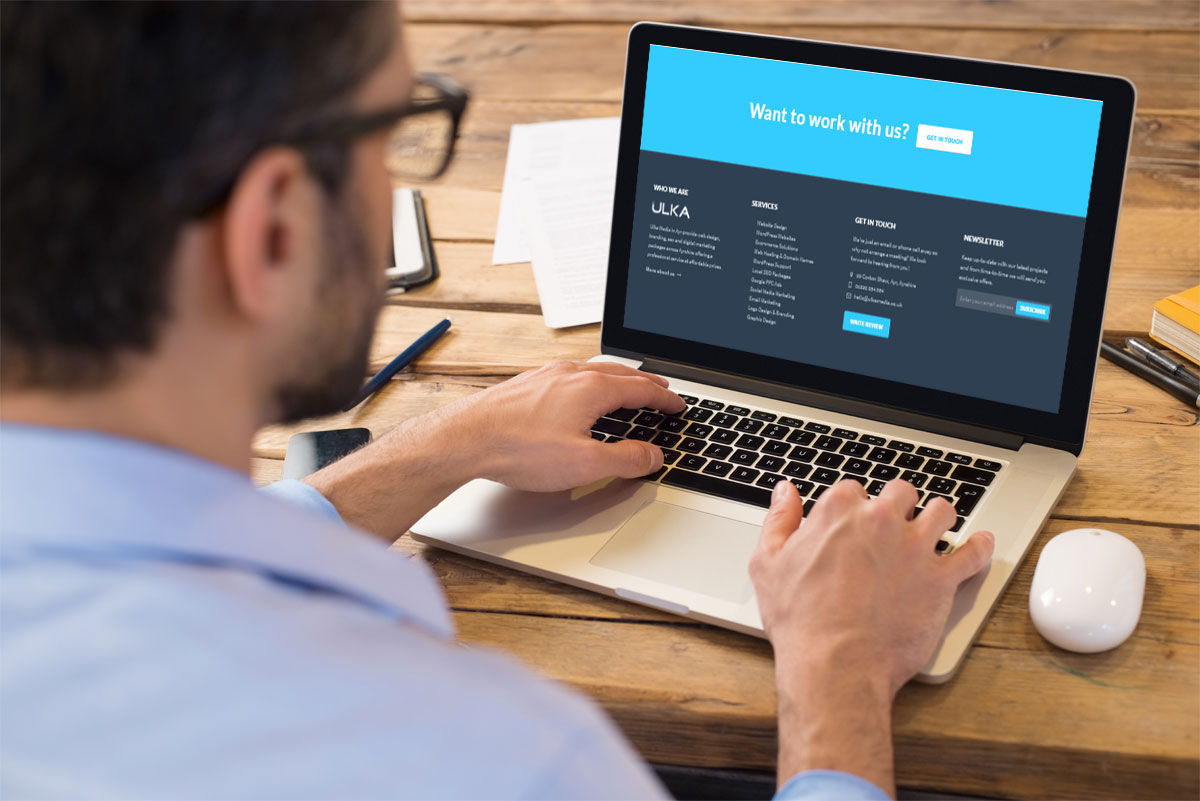
The whole user experience needs to be simple and alluring from start to finish to draw in prospective guests. Since 40% of users will abandon a site if it takes longer than 3 seconds to load, speed is critical so it’s important to employ techniques for faster loading such as browser caching or choosing the right hosting package.
Another factor to consider is how many clicks a user needs to get to the reservations stage and keep this to a minimum … 1 if possible, 3 at the absolute limit.
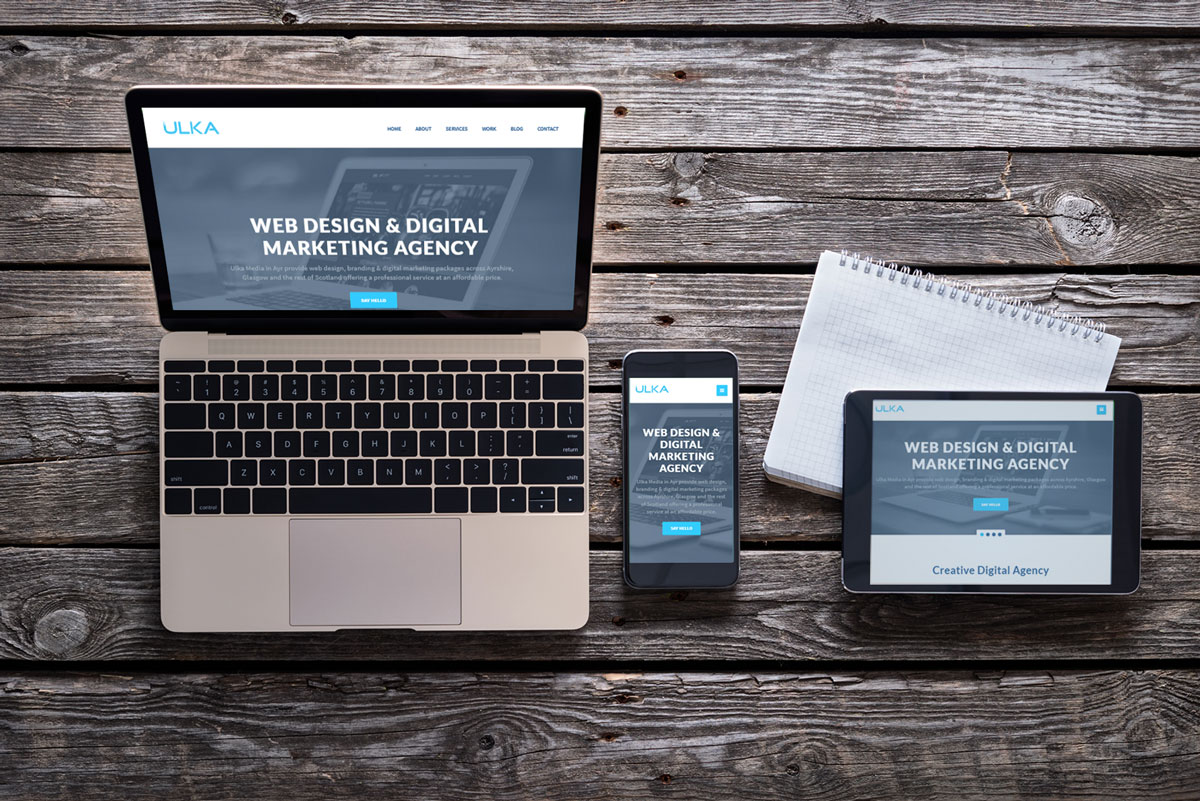
In 2018 Google deployed mobile-first indexing which emphasized the importance of mobile-friendly designs as users increasingly move to handheld devices for the web. This is especially true in the travel industry as guests make bookings ‘on the go’. It is absolutely essential website usability on mobile devices is at the forefront of your website design, delivering great opportunities to reach your audience wherever they are.
Check to see if your website passes Google’s mobile-friendly test here http://search.google.com/test/mobile-friendly ).
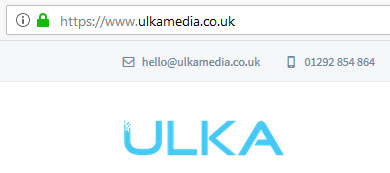
An SSL Certificate can be setup and configured by any reputable hosting company. Without getting into the technical workings, it activates the padlock and the https protocol (promoting trust) when installed on a web server, allowing secure connections from a web server to a browser.
Is your content relevant? Is your property family-friendly or adults only? Have the rooms been recently refurbished? Have you won any awards? Are you located in a convenient location or close proximity to a popular visitor attraction? Do you offer free Wifi (if not, why?), is there an option for late check-out or any other benefits you can promote? You need to portray all of these points and any other Unique Selling Points to the website users to differentiate your property from all the others. You may also consider adding a location map or FAQs page to enhance the site.

If you have a logo, stick with it on every medium (online and offline) from your website & social media accounts to your signage, brochures & stationary.
Your brand is not just your logo however, it’s also your colours and type face as well as your voice, reassuring your potential guests of the quality of your premises.
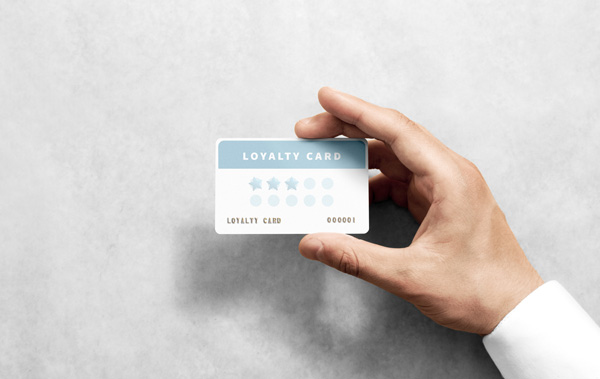
One of the most effective methods to promote direct bookings through your own website is to offer an attractive loyalty program.
Can you team up with local partners to provide discounts which guests can benefit from in return for loyalty points accrued?

Photos of your property should not only be large and high resolution but they should also have good composition. Focus on guest rooms, restaurants and other amenities, not the exterior (unless you have a nice patio or balcony perhaps) especially on the home page. Hire a professional photographer if you can stretch the budget, the end result will be worth the investment to truly showcase your property.
Consider adopting a virtual tour to engage your customers with intuitive interactive content like pop-ups to provide additional detailed information or reservation links. This is like Google Street View for inside your business allowing you to replicate your premises in stunning details and provide your guests with a useful glimpse of your facilities from afar prior to making a booking.
‘Social proof’ is the buzzword at the moment which includes engaging on social media and user-generated content. Most people (over 75%) read reviews before booking travel accommodation so it’s important to have them somewhere on your website – whether it’s a widget on the homepage or a dedicated landing page. Consider displaying TripAdvisor and Google reviews as these are more convincing than your own website testimonials.
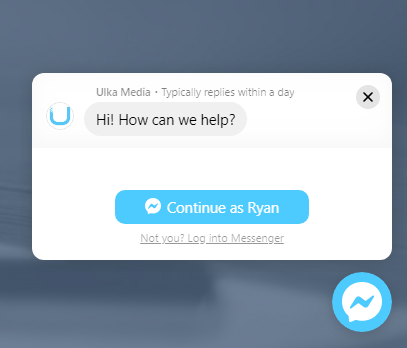
Surpass your guest’s expectations with outstanding customer service instantly by engaging with them using live chat directly on the website. Online travel agencies like booking.com, etc cannot provide personalised guest service in this manner but you can.
NOTE: freetobook’s Messaging system is now up and running!

To ensure your website is ‘conversion optimised’ it will require smart call-to-actions to usher guests through to the reservations page.
If you don’t do anything else on this list make sure your BOOK NOW button is displayed prominently on every page of the site. Once they have clicked the button to book don’t distract users with more CTAs.

Make it simple for your potential guest to book directly on your website (with a good booking engine like freetobook).
Display certification icons to encourage potential guests to book with confidence.

Adding a local events calendar gives guests a reason to stay an extra night if they know the circus is in town the following evening or the flower show is at the weekend. Make sure to include dates, times, entry costs and any other pertinent details to help your visitors. In addition to upcoming events, list what activities are available locally whether it’s recreational activities such as golf or popular restaurants and visitor attractions like beaches, castles or theme parks.
Can you offer a deal to first time guests who book direct or perhaps a free breakfast? Lure potential guests by offering certain deals available if they book before a certain date. Maybe you can upsell an afternoon tea as an extra on the booking confirmation page?
Urgency

Create a sense of urgency through the search and booking process by telling users when there are only a limited number of rooms available. This can instill a fear of losing out prompting users to click through and make a reservation rather than abandon. If that does occur, however, a clever website can ask users if they would like to save their search for another time. You can then retarget potential customers with the captured data.
Scan the QR code to download the app